
Epsom salts are widely used to treat a great number of ailments. They are generally used as an addition to the water used for bathing, but they can also be taken orally or in form of enema, in order to relieve the symptoms of constipation.
What are Epsom salts?
Epsom salts is just a commercial name for magnesium sulfate. They were widely used and made popular in an English town called Epsom, from which the name derived. One tablespoon of these salts contains 35 grams of magnesium sulfate, which is approximately 3.4 grams of elemental magnesium. This, of course, is much more than the daily allowance of magnesium, which is between 300 and 400 milligrams per day. For this reason, it is important to remember that ingestion of Epsom salts, if it is not done appropriately, can be toxic and even fatal.
Epsom salts for constipation
Epsom salts have many uses, and most of them, especially external, are completely safe. However, caution is highly recommended if using them orally or in form of enema.
When ingested or inserted in the colon through enema, Epsom salts increase the amount of water in the colon, which results in bulkier and softer stool which is easier to pass. However, they should not be used by people who already suffer from stomach problems, like pain, indigestion, nausea and vomiting, and it is not allowed for pregnant women.
Epsom salts were used as a constipation remedy for babies, through enema, up until early 1970’s, when it was found that hypermagnesemia was actually the cause of several infant deaths.
In addition, it is necessary to inform the doctor before taking Epsom salts orally. This is because they can interact negatively with certain medications, for example doxycycline, minocycline, oxytetracycline, penicclamine, digoixin and others.
Other solutions for constipation
Since oral ingestion or Epsom salts can be dangerous and in some cases even fatal, it is recommended to consider other options too. Diet is the key in prevention and treatment of constipation. It should be rich in dietary fiber, which should be coupled with ample amounts of water.
There are great natural remedies for constipation, for example prune juice, flaxseeds, brown rice and whole grain cereals. Exercising is another important element in treatment of constipation.
Most doctors recommend avoiding laxatives. Most laxatives can be quite harsh for the colon and they can even be addictive. Long-term use of laxatives can lead to damage of the colon lining, and on the short run they often have side effects like bloating, fatulence and diarrhea.


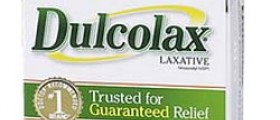



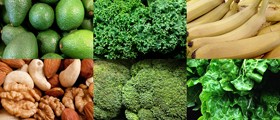
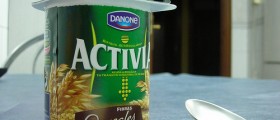

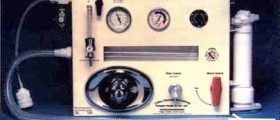



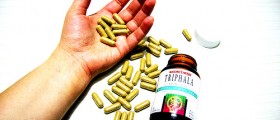



Your thoughts on this
Loading...